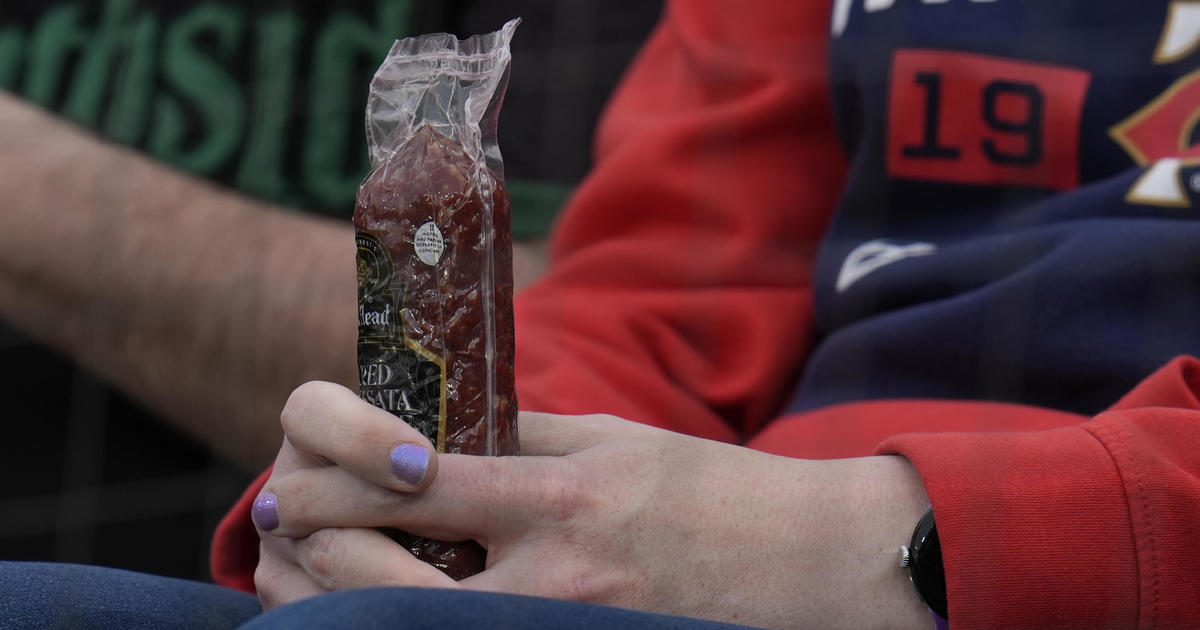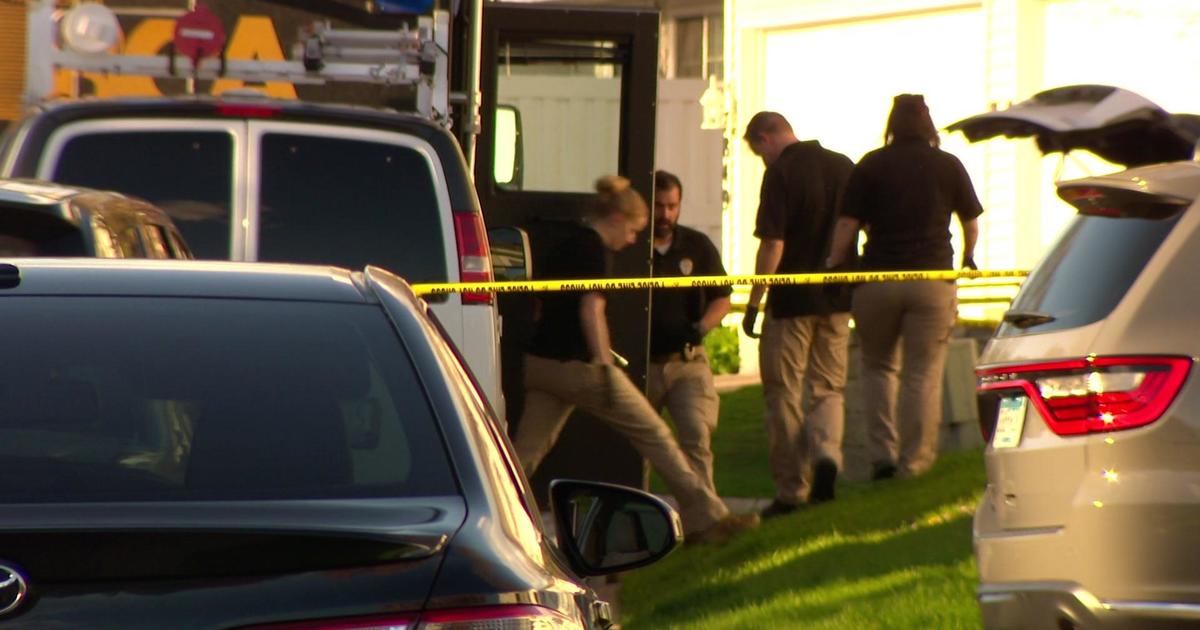Good Question: Who pays for ice rescues and how much do they cost?
MINNEAPOLIS — Winter is only two weeks old — yet rescuers have already saved about 200 people from Minnesota lakes.
From on the water to in it, unsafe lake ice makes conditions ripe for rescues.
From Maple Grove to Bloomington, Savage, Shoreview and Eagan, you asked: Who pays for these dangerous rescues?
"As an agency, we budget for it," Major Shane Magnuson with the Hennepin County Sheriff's Office said. "We have mutual aid agreements with agencies throughout the county, not only police departments but fire departments. We work very closely with the DNR."
All those agencies foot their portion of the bill.
"It's taxpayer money, whether budgeted or not, it's from the taxpayer," Magnuson said.
RELATED: Vehicle ban on Upper Red Lake will remain following several ice rescues
Magnuson says it's hard to quantify the cost as it depends on several factors.
"Location would be a big one. The farther you have to go, the more complex the rescue can get," he said.
Then, there's equipment, fuel and how long crews have to be out there.
But what about large scale rescues like when 122 anglers got stranded on an ice sheet on Upper Red Lake?
Beltrami County Sheriff Jason Riggs estimates it cost $5,000 or $6,000 for the three-hour operation — a mid-range price tag.
"I would say smaller rescues [are] between $3,000 and $4,000, and upwards of $10,000 if you start incorporating aircraft and length of time," Riggs said.
Anglers aren't fined for these decisions unless there's a declared emergency preventing everyone from being on the ice.
"You could be ticketed and fined at that point in time," Magnuson said.
It's also the individual's responsibility to remove sunken cars, ATVs or ice houses within 30 days. One company said that could range between $6,500 and $12,000.
MORE NEWS: Minnesota sees record-breaking weather year in 2023
"It's extremely expensive, you have to pay divers, and then you have to pay the recovery service to tow that up," Magnuson said.
The cost of a decision felt in more ways than one.




